Visit or Call Our Sleep Guide Texas Showrooms
Our Texas Showrooms Are Here To Help With All Your Favorite Online Brands! And We Offer Exclusive Coupons To Save More!
Learn MorePlease note, we are proudly supported by our readers. The product links are referral based and if you purchase an item we make a small commission. For more information please see our disclosure page.
Weight loss can do fabulous things for your overall sleep quality. Whether it is from a change in diet, exercise routine, or a combination of both weight loss is a great way to improve your sleep. However, there can be some diet choices that can be better than others.
The Ketogenic Diet is a new fad that is helping many lose weight and lower body fat. Although it isn’t all good, the Keto Diet can have some good and bad affects on your sleep. We are going to cover it all. Stay tuned to learn more about how the Keto Diet affects your sleep.
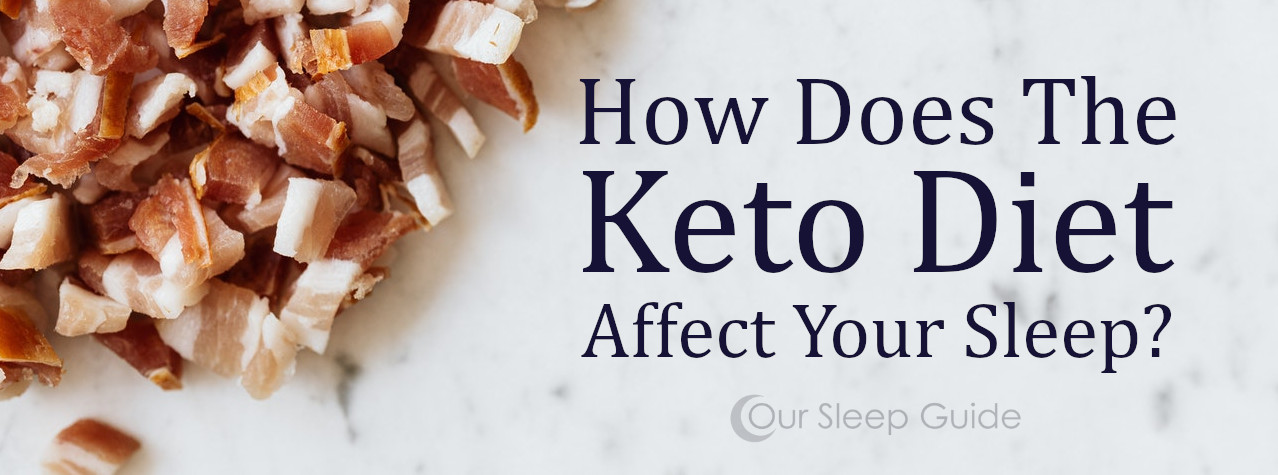
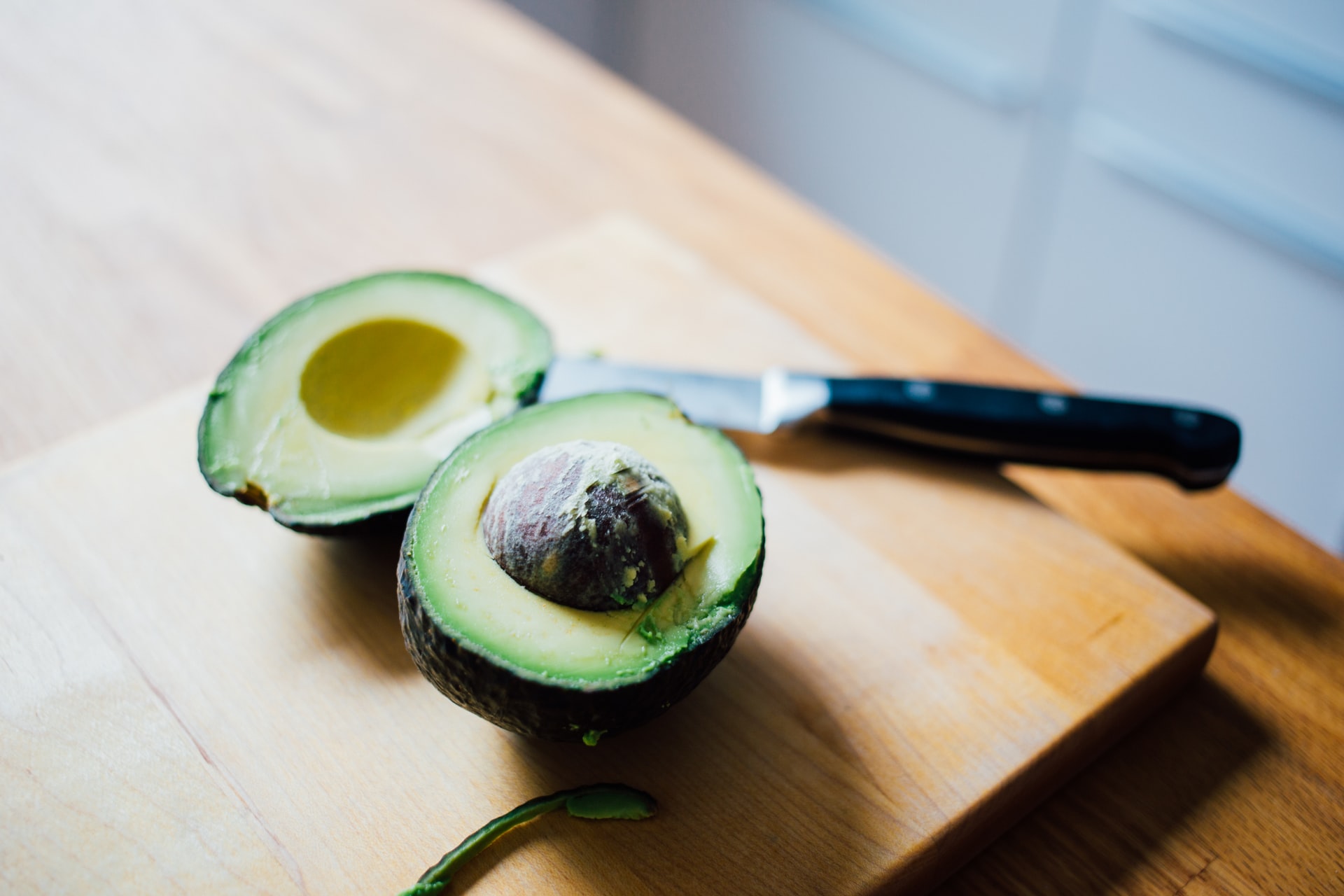
The Ketogenic Diet (often called Keto for short) is a low carb & no sugar diet with an increase of healthy fats. This diet is designed to put your body into a state of ketosis. Which is a metabolic state where your body relies on fat for energy instead of glucose.
When you are in ketosis there are many changes and shifts in how your body functions, especially when initially adjusting to this new diet. Some of which can cause some complications for your sleep, which we will get into later. However, it is a highly effective diet for fat loss which can greatly improve your sleeping habits and quality overall.

Carbohydrates can cause blood sugar spikes, which can make you feel great for a short period of time and then leave you feeling hangry even though you have had more than enough calories to last you for the day
When you are in a state of ketosis, your body is using fat as an energy source instead of glucose. Which is said to be a more even and long lasting energy source. Allowing your energy levels to stay level instead of spiking. This can help you to not feel tired around midday before lunch. Some report feeling more well rested throughout the day and less tired in the mornings.
Can your digestion really affect how you sleep? Find out in our post: Sleep & Your Digestion

Having a longer REM cycle can increase rest and recovery.
Which allows you to wake up feeling better rested with the same amount of sleep per night. Which can be a huge benefit to your sleeping habits and overall energy levels.
Learn more about the benefits working out has on your sleep in our post: Exercise and Sleep: Is Exercise Good For Sleep?
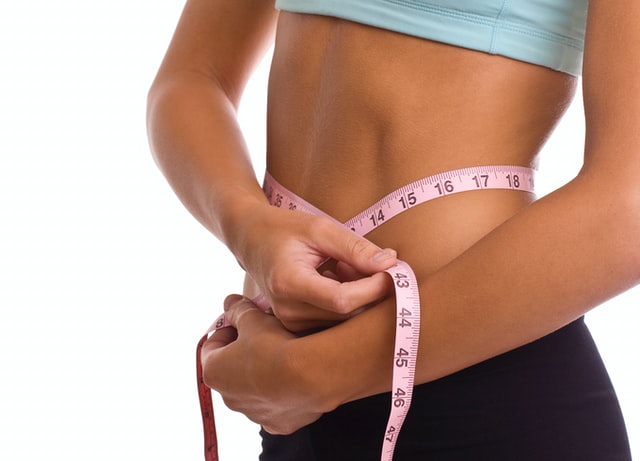
Those who are overweight are also far more likely to suffer from insomnia. Which is why losing weight can do wonders for your sleep. If the keto diet is something that works well for you, then the weight you lose from the keto diet could do great things for your sleep life.
Learn more about the benefits weight loss can have on your sleep in our post: Sleep & Weight Loss
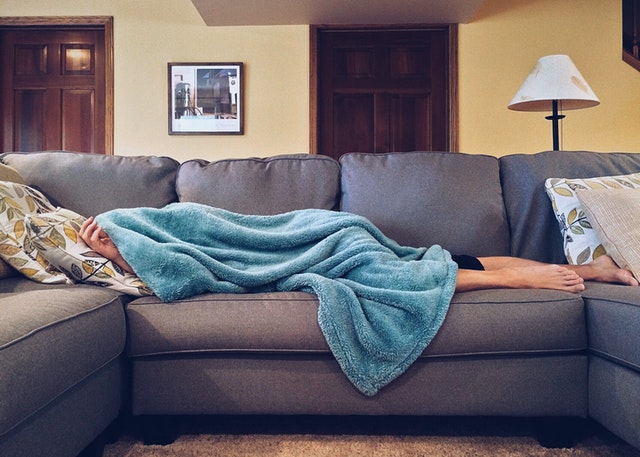
The Keto Flu often involves brain fog, dizziness, irritability, nausea, diarrhea, muscle cramps and body aches. Needless to say, the Keto Flu can feel very much like the regular flu and can absolutely make it difficult to get some rest.
The best way to get through a Keto Flue is the get extra rest, stay hydrated, increase electrolytes, and eat more fat. If you are also working out on a regular basis, you may want to take a few extra rest days until you start feeling better.
Feeling sick? Check out our post: Sleep and Your Immune System

There are a few different ways in which the keto diet can cause bouts of insomnia. When you first go into a state of ketosis, many experience spikes in cortisol and a drop in serotonin. This caused by a lower amount of tryptophan (an amino acid needed to make serotonin) being processed by the brain in order to create serotonin and melatonin.
The spike in cortisol alone is enough to through off your sleep schedule and make it difficult to sleep. Add in the drop in serotonin and melatonin and now you are really going to have trouble sleeping.
If you’re struggling with Insomnia, learn more about how to find sleep with our post: Guide To Insomnia
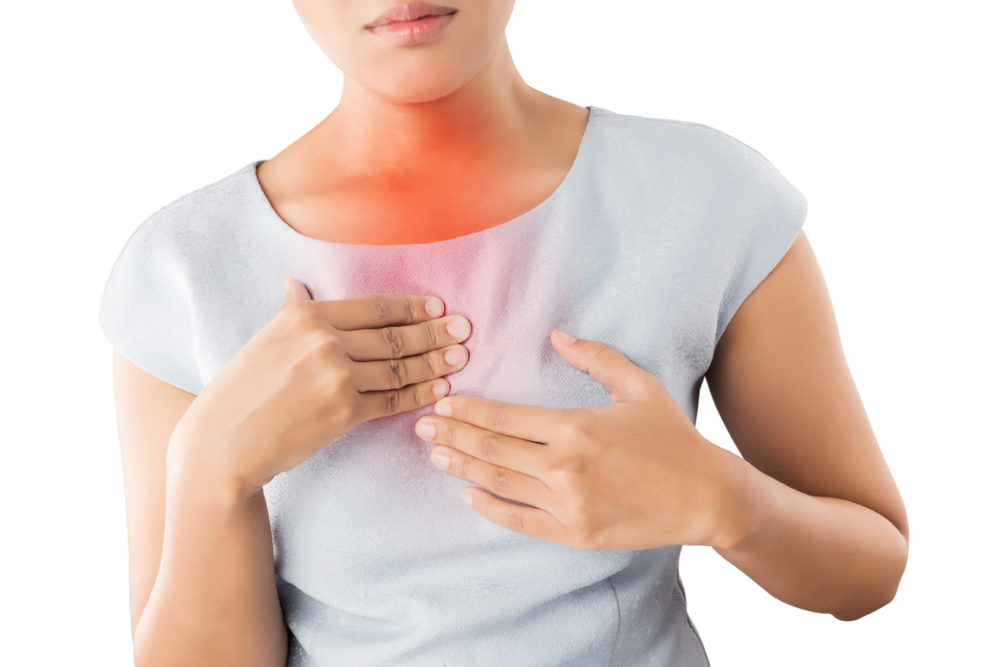
If you have heartburn often and fatty foods tend to exacerbate the situation, then you may want to reconsider going on the keto diet. Or talk to your doctor about any medications you can take that could help.
Learn more about the affects of acid reflux and how to sleep better with it in our post: Acid Reflux And Sleep
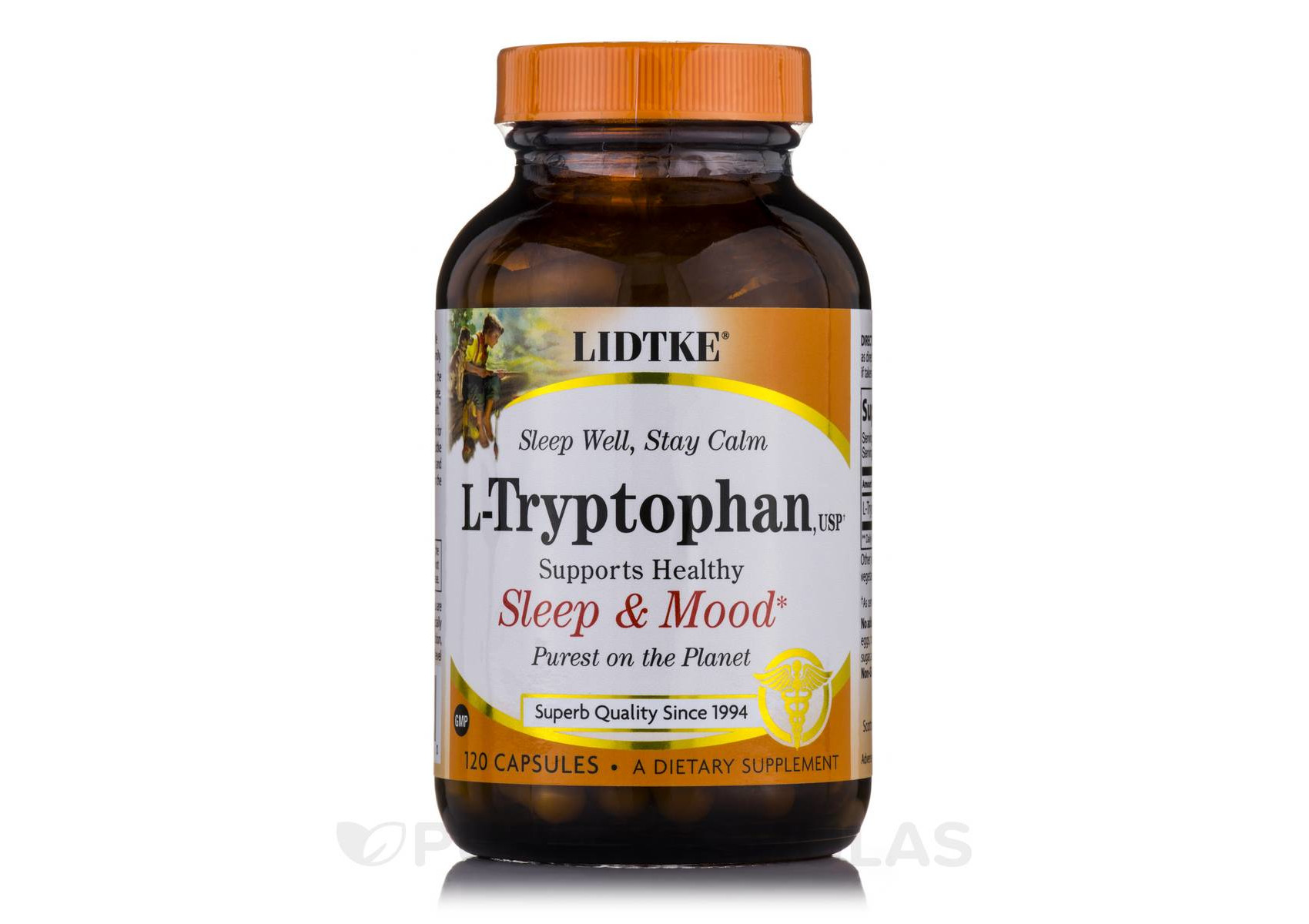
A tryptophan supplement could possibly increase the level of tryptophan you have in your system in order to create serotonin and melatonin more easily. Which can then help you to get to sleep naturally.
You May Also Enjoy: Natural Sleep Aid Guide
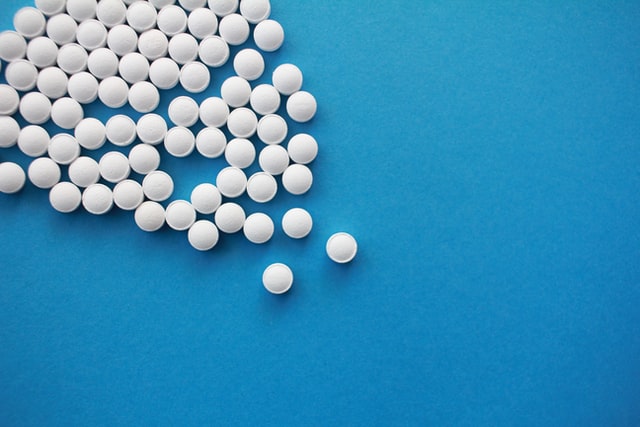
While the tryptophan supplements are used to hopefully create serotonin that is then used by your body to produce it’s own melatonin.
A melatonin supplement skips that entire process and gets right to where you need it in order to get some rest. Melatonin supplements are a great option for just about anyone who is struggling to get to sleep naturally at night.
Learn more about the benefits and how to use melatonin in our post: A Guide To Using Melatonin
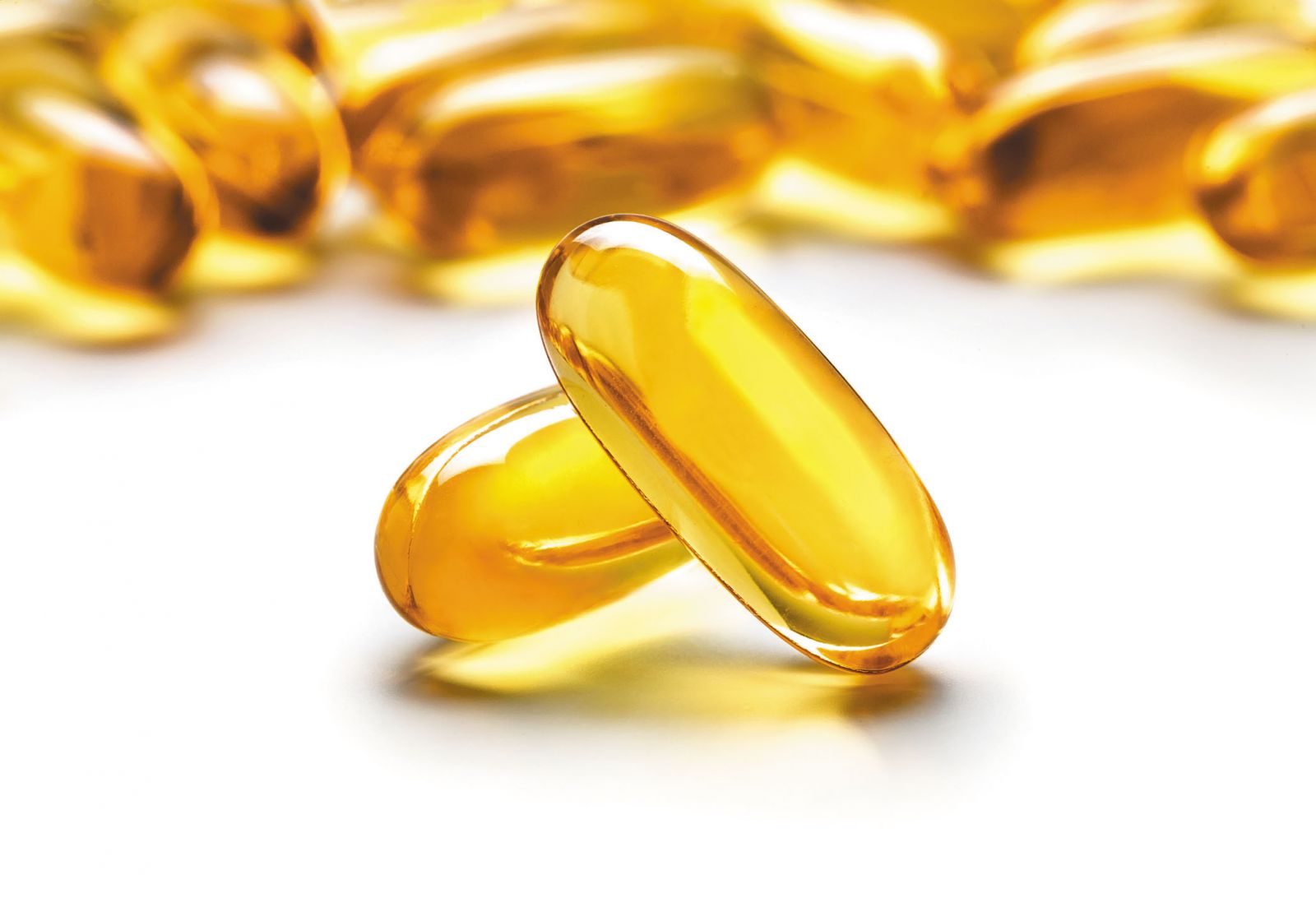
Increased cortisol levels tend to burn off a lot of tryptophan that you need to create serotonin and subsequently meltatonin. DHA and EPA help to increase the transmission of serotonin. In other words, it helps your body to produce and use serotonin properly, when in turn helps your body produce melatonin and get some sleep.
Wondering what foods are best for your sleep? Check out our post Best And Worst Foods Before Bed
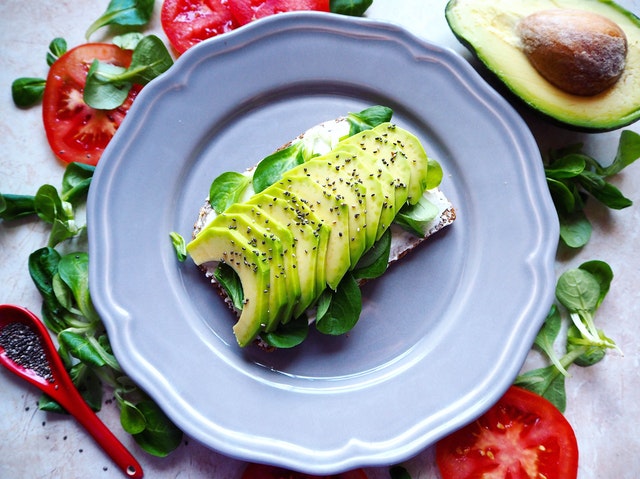
Have a few questions for us? We would be happy to help in anyway we can. Send us a message through our contact us page and we will get back to you asap.
Our Texas Showrooms Are Here To Help With All Your Favorite Online Brands! And We Offer Exclusive Coupons To Save More!
Learn More